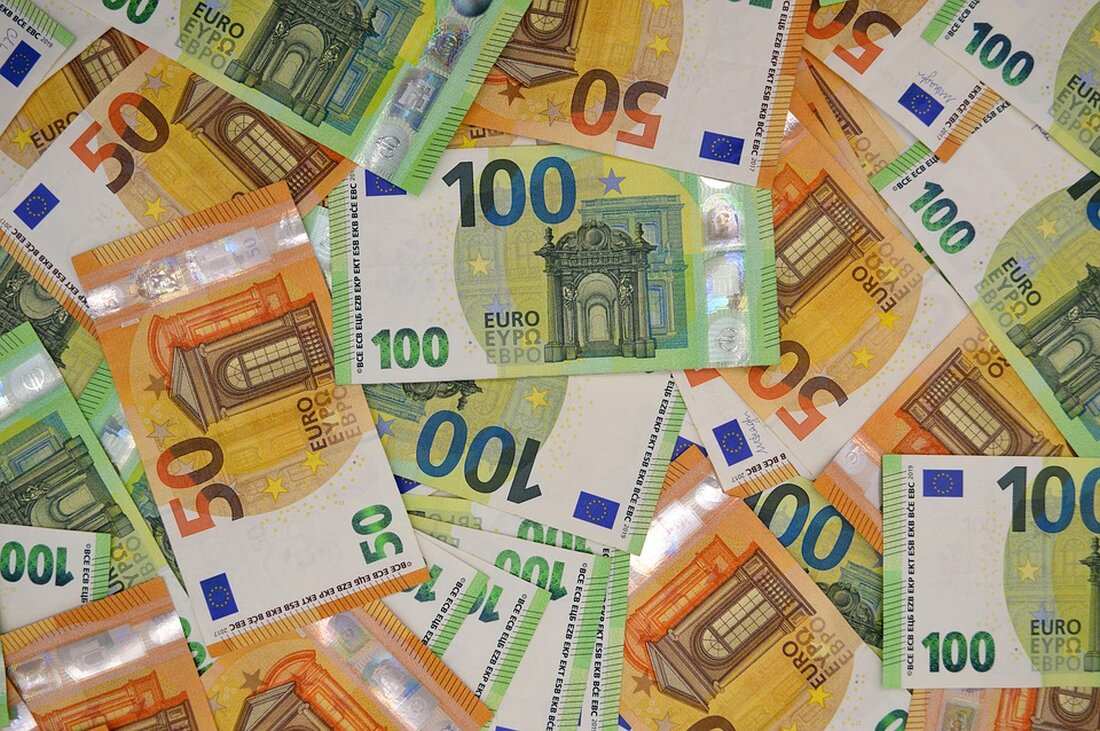Increase in food prices: How inflation in Austria affects consumers
According to a report from www.merkur.de, food prices in Austria have risen by almost two percent in the last few months. Cheap foods are particularly affected, with some products becoming up to 44 percent more expensive. The price increases were observed in seven Viennese supermarkets and discounters and primarily affected food and some cleaning products. The price of potatoes was particularly hard hit, rising by 46 percent. Even cheap food became more than 44 percent more expensive. The Vienna Chamber of Labor has examined seven supermarkets and discounters in Austria since the beginning of December 2023 and found that the prices for food are on average...

Increase in food prices: How inflation in Austria affects consumers
According to a report by www.merkur.de, food prices in Austria have risen by almost two percent in the last few months. Cheap foods are particularly affected, with some products becoming up to 44 percent more expensive. The price increases were observed in seven Viennese supermarkets and discounters and primarily affected food and some cleaning products. The price of potatoes was particularly hard hit, rising by 46 percent.
Even cheap food became more than 44 percent more expensive. The Vienna Chamber of Labor has examined seven supermarkets and discounters in Austria since the beginning of December 2023 and found that food prices have risen by an average of 1.6 percent. Particularly enormous price increases were recorded for potatoes, sunflower oil and penne pasta. This could lead to ski holidays in Austria becoming significantly more expensive. In Germany, food prices rose by 4.6 percent in the same period compared to the previous year and by almost 29 percent since mid-2021.
The price increases in Austria affected all 40 products that were examined in the survey by the Vienna Chamber of Labor. The prices for potatoes rose by 102 percent, for sunflower oil by almost 99 percent, for penne pasta by 90 percent and for flour by around 88 percent. Some drugstore products also became 0.6 percent more expensive. Prices in stores even fell by 1.3 percent, while branded food became 4.5 percent more expensive.
The significant price increases for food in Austria and Germany could have long-term effects on the market and the financial sector. Rising prices could lead to lower consumer purchasing power and drive inflation. This, in turn, could have a negative impact on the economy and stock markets. Companies specializing in food production and distribution could benefit from the price increases, while consumers and retailers that rely on low prices may suffer losses. Overall, there is a possibility that the price increases could lead to lower market demand and weaker economic growth.
Read the source article at www.merkur.de

 Suche
Suche
 Mein Konto
Mein Konto
